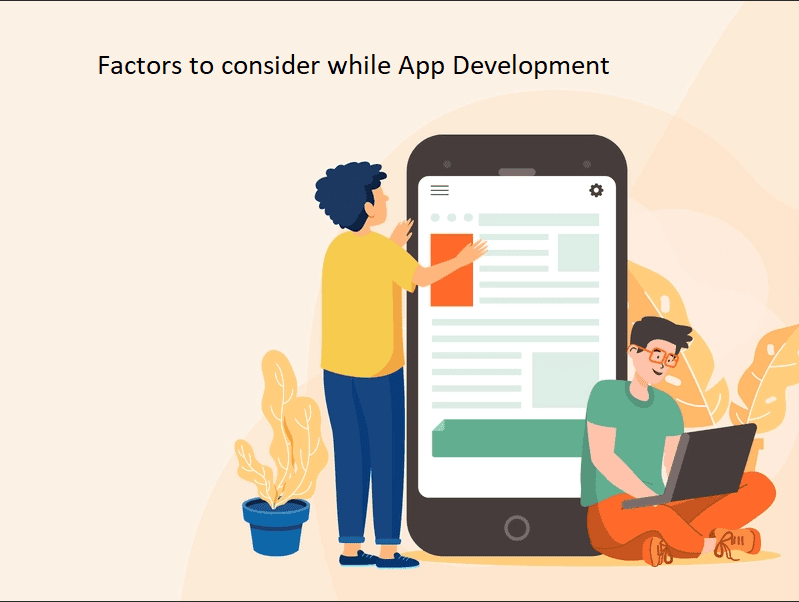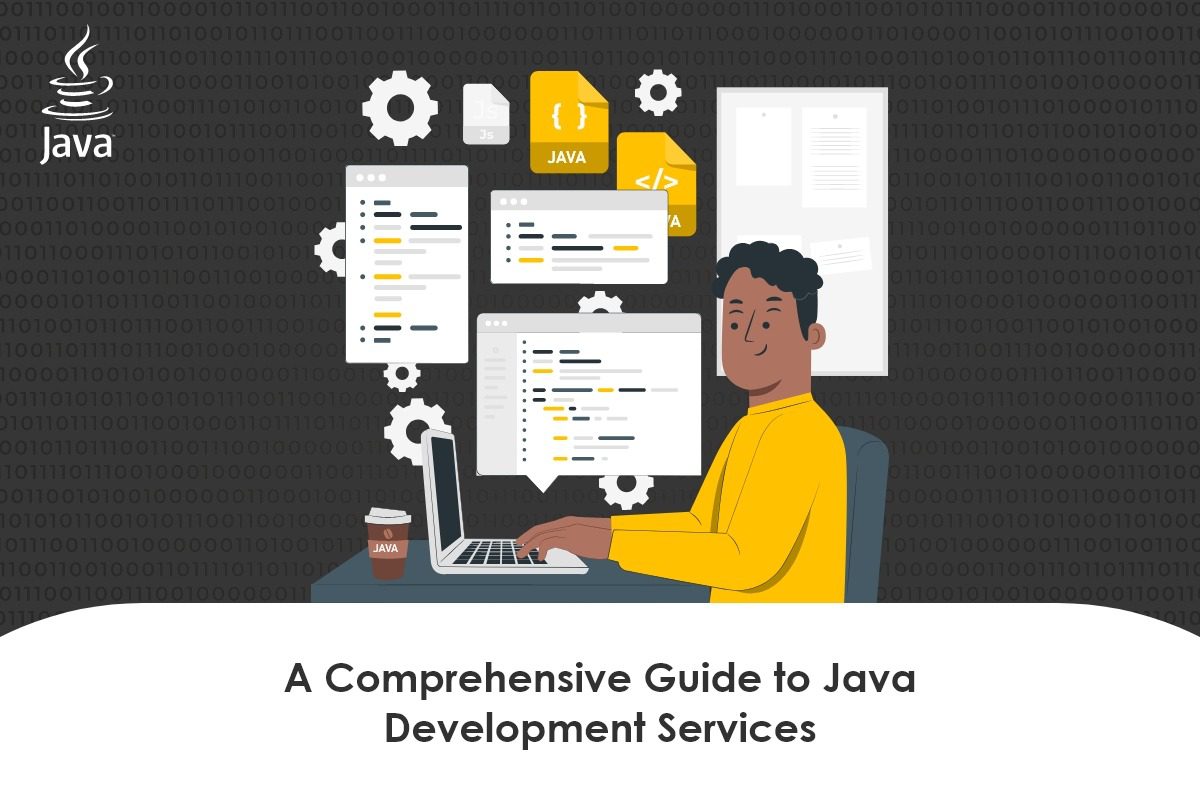
The role of artificial intelligence has evolved dramatically over the past few years. For many businesses, deploying AI solutions has transitioned from a mere advantage to a necessity. But, success in AI development depends largely on the expertise of the developers you hire. This blog will guide you through the critical steps involved in finding and hiring AI developers who can make a measurable impact on your business outcomes.
Understanding Your AI Development Needs
Before commencing the hiring process, it’s essential to clearly define your AI development needs. What specific challenges are you looking to solve with AI? Is it improving customer service through chatbots, or perhaps enhancing data analytics? Understanding your goals will help you hire AI developers who align with your vision and can facilitate your objectives.
Identifying your business needs involves engaging with key stakeholders. Conduct meetings to determine where AI can bring the most value. For instance, a retail sector business might focus on building predictive models for inventory management, while a healthcare organization might pursue AI-driven diagnostic tools. This clarity will guide your discussions with potential developers.
Defining Technical Requirements
Once you have clarity on your goals, the next step is to define the technical requirements. Different AI projects may require different skill sets. Do you need machine learning specialists, data scientists, or AI engineers? Make a detailed list of the skills required based on frameworks, programming languages, and tools pertinent to your project.
Some commonly required skills include:
• Proficiency in programming languages such as Python, R, and Java.
• Experience with machine learning frameworks like TensorFlow and PyTorch.
• Strong understanding of data management and data processing techniques.
Finding Quality AI Developers
With a well-defined skill set, you can start looking for potential candidates. The source from which you recruit can significantly influence the quality of the developers you hire. Here are several popular avenues:
• Job Portals: Websites like LinkedIn, Indeed, and Glassdoor are invaluable for finding AI developers actively looking for roles.
• Freelance Platforms: Platforms like Upwork and Toptal can connect you with freelance AI developers for specific projects.
• Technical Colleges and Universities: Engaging with academic institutions can yield young talent eager to innovate.
Networking within the tech community is also essential for sourcing qualified candidates. Attend AI-related conferences, webinars, and local meetups to connect with developers who are skilled in AI. Make sure to interact with professionals on platforms like GitHub and Stack Overflow, where they showcase their work.
Evaluate Portfolio and Track Record
As AI remains a rapidly evolving field, evaluating a candidate’s experience is crucial. Look beyond resumes and analyze their portfolios. Consider the diversity of projects they’ve worked on and the outcomes of their work. A proven track record in successfully executing AI projects is a good indicator of a competent developer.
Focus on the following when reviewing portfolios:
1. Type of Projects: Examine whether they have worked on projects similar to your business needs.
2. Technologies Used: Ensure they are familiar with the latest tools and languages.
3. Client Feedback :Look for testimonials or case studies that reflect their capabilities and effectiveness.
Conducting Interviews and Assessments
After narrowing down your candidate list, it’s time to conduct interviews. This is your opportunity to assess not only their technical competence but also their problem-solving abilities and cultural fit within your organization. Aim to create a balanced interview process that includes technical questions, behavioral assessments, and hypothetical scenario discussions.
When preparing for interviews, consider these tips:
• Prepare Key Questions: Focus on areas like experience with specific AI tools, how they approach problem-solving, and examples of past projects.
• Technical Assessments: Consider incorporating coding tests or project-based tasks that reflect real-world challenges they may face in your business.
• Soft Skills Evaluation: Explore their communication style and ability to work collaboratively as AI projects often require teamwork.
Collaboration and Project Management Skills
AI development isn’t a solo endeavor. Developers will often work within interdisciplinary teams. Thus, evaluating their collaborative skills is as important as assessing their technical skills. You want developers who can engage with data analysts, UX/UI designers, and business stakeholders seamlessly.
Ask questions related to teamwork: How do they handle conflicts? How do they approach feedback? Understanding their style of interaction will provide insight into how they’ll integrate with your existing teams and whether they’ll help or hinder project execution.
Evaluating Cost versus Value
While finding the right AI developer, cost is a significant consideration. However, it’s essential to frame this in terms of value rather than just expense. Skilled AI developers can deliver substantial long-term value that outweighs upfront costs. Ultimately, cheap hiring may lead to higher expenses later on due to potential project failures and missed opportunities.
When evaluating cost, consider factors such as:
• Experience Level: More experienced developers may charge higher rates but can often complete projects more efficiently.
• Project Scope: A clearly defined project can lead to more accurate quotes and better budgeting.
• Potential ROI: Consider how the AI solution will improve your business processes and whether the investment justifies the potential gains.
Long-term Partnership Consideration
In the fast-evolving world of AI, businesses must adapt continuously. This adaptability often requires long-term partnerships with AI developers. Rather than treating the hire as a one-off solution, consider looking for candidates interested in long-term collaboration. This way, they will have a deeper understanding of your business needs and be better positioned to innovate over time.
Engage candidates in discussions about their vision for future projects with your company. How do they see AI developing, and what potential paths might they recommend for your business? A developer who is invested in a long-term relationship will likely bring proactive and forward-thinking solutions tailored to evolving market conditions.
Onboarding AI Developers
The hiring process doesn’t end once you’ve signed the contract. Onboarding is a crucial phase that sets the tone for the developers’ performance and integration into your company culture. An effective onboarding process should introduce your new AI developers to your business processes, existing team members, and the specific goals they will be working towards.
Create an onboarding plan that includes:
• Access to necessary tools and resources.
• A series of introductory meetings with relevant team members.
• Regular check-ins to monitor progress and offer support.
Encouraging Continuous Learning
The field of AI is continuously evolving. Consequently, encouraging a culture of learning within your team is essential. Provide your developers with opportunities to participate in workshops, online courses, and conferences. This fosters an environment that not only benefits the individual but also enhances the capabilities of your entire organization.
Consider implementing initiatives such as:
• Regular Training Sessions: Host internal training or bring in external experts to upskill your team.
• Knowledge Sharing: Encourage team members to share insights and innovations they’ve learned during their continuous education.
• Incentivize Learning :Provide incentives for employees to pursue certifications or additional qualifications relevant to their roles.
Performance Evaluation and Feedback
Implementing a robust performance evaluation process is vital for gauging the effectiveness of your AI developers. Regular assessments will help you understand their contributions, productivity, and areas that may need improvement. Feedback should be constructive and should tie back to your initial project goals.
As you undertake performance evaluations, consider the following:
• Set clear, measurable goals aligned with business outcomes.
• Gather feedback from colleagues and stakeholders who interact with the AI developers.
• Provide mechanisms for developers to share their learnings and challenges, fostering an open environment for discussion.
Adapt and Refine Processes
The AI landscape is not static. As technologies evolve, businesses must adapt. Use your performance insights to refine processes and make necessary changes in your team structure. If specific tools or methodologies prove ineffective, be open to exploring alternatives that may yield better results.
Involve your team in the dialogue. Solicit their input regarding tools, techniques, and project trajectories to foster engagement. This process not only improves outcomes but also promotes a sense of ownership among employees.
Creating a Thriving AI Culture
Finally, fostering a culture that embraces AI and innovation is integral. Technology is not just a tool; it’s a driver of change. Promote initiatives that encourage creativity and exploration in AI projects. Create an environment where team members feel empowered to suggest new ideas and strategies.
Steps to build a strong AI-centric culture include:
• Encourage Risk-taking: Allow developers to experiment without the fear of failure.
• Celebrate Successes: Publicly acknowledge and reward significant achievements, fostering motivation.
• Open Communication :Maintain clear channels for team members to express ideas and ask questions.
The Road Ahead: A Vision for AI in Your Business
As you complete the hiring process and invest in AI talent, consider where you want your business to be in the future. Craft a long-term strategy that works in tandem with your hiring practices. Regularly revisit your goals and adapt your approach to technology and talent consistently.
Understand that hiring AI developers is not merely a checklist task; it is a crucial step on your route to leveraging AI for max effectiveness. The groundwork you lay today will dictate how well you can respond to project demands, competitive challenges, and technological changes tomorrow.
By building a potent team of skilled developers and staying committed to evolving your AI strategies, you’re not just hiring talent. You’re partnering with professionals who can drive real results and contribute to your overall business success.
Final Thoughts
Hiring AI developers to drive real results in your business involves careful planning, thorough evaluation, and a commitment to growth. Don’t rush the process; instead, take the time to articulate your needs, assess potential candidates, and foster an environment that promotes innovation and learning.
Ultimately, a well-curated team of AI developers will transform your business processes and help you gain a competitive edge in today’s digital landscape. Is your organization ready to embrace this exciting journey?
To successfully hire AI developers who can elevate your business, focus on clarity, collaboration, and creativity. As you embark on this transformative journey, ensure you have the right strategy and the right people on board.
FAQs
1. What qualities should I look for when hiring AI developers? Look for candidates who have strong technical skills, a proven track record in relevant projects, and the ability to collaborate effectively with different teams.
2. How can I ensure that my AI developers remain up-to-date with industry changes? Encourage continuous learning through workshops, conferences, and certification programs. Providing access to online resources can also be beneficial.
3. Should I hire in-house AI developers or consider outsourcing? This depends on your business model and project scope. For long-term projects with ongoing needs, in-house may be better, while for specific tasks, outsourcing can be more efficient.








